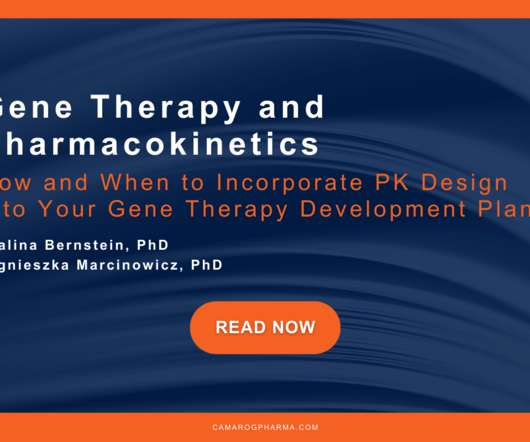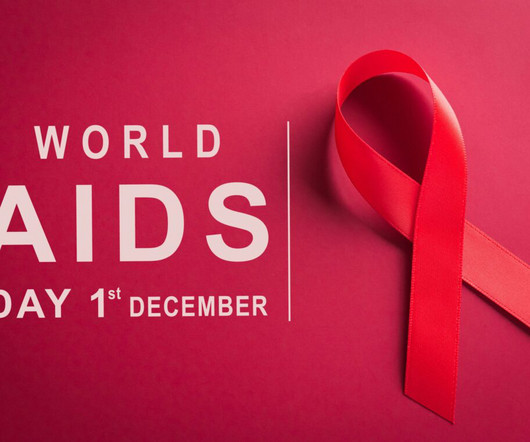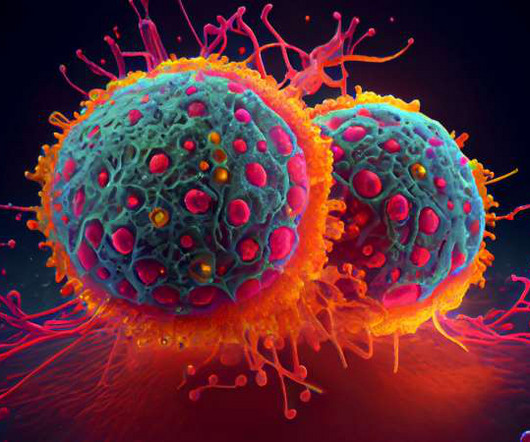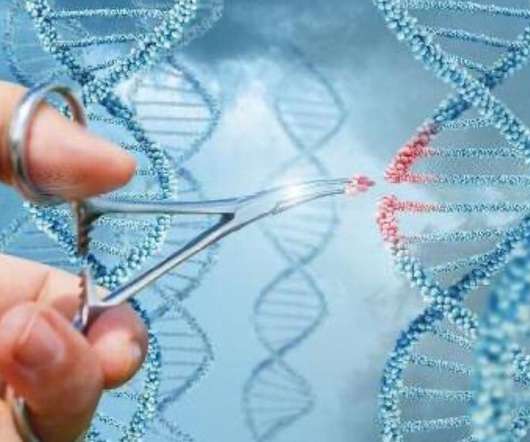Gene Therapy and Pharmacokinetics
Camargo
JULY 27, 2021
It is a comprehensive term which encompasses a large variety of therapy products including viral and bacterial vectors, plasmid DNA, human gene editing technology, and patient-specific cellular gene therapy. Additionally, gene editing allows us either to remove or to modify harmful genes.















Let's personalize your content